Moe Suzuki’s exhibition ‘Aabuku’ 2/10-2/25 [Tokyo] & 5/3-5/12 [Kyoto]
We are pleased to announce that Reminders Photography Stronghold and RPS Kyoto Paprolels will host Moe Suzuki’s exhibition ‘Aabuku’. The exhibition at Reminders Photography Stronghold commemorates the RPS Special Award for this work at the open pitch competition with Jim Casper in June 2023.
This will be Suzuki’s first exhibition at Reminders Photography Stronghold in four years. Since her last exhibition ‘SOKOHI’ (2020) which is about what her father was seeing who’s got a progressive glaucoma, she continued challenging the visualisation of memories affected by illness, family relationships and urban development. ‘Aabuku’ which Suzuki began her research in 2021, is about water and soil contamination caused by organo-fluorine compounds (PFAS) leaked from US bases in Okinawa Prefecture. In three years, she has gathered information on data aspects, as well as visiting people related to the water and land that are known to be contaminated. The work is intended to capture the reality of environmental issues and the social structures hidden behind them, from the memories of individuals whom Suzuki visited.
We’ll also expect the launch of a photobook of the same title at the opening of the exhibition as well as a few events planned during this period. Please look out for further information on the gallery’s SNS. We look forward to welcoming you in Tokyo and Kyoto.
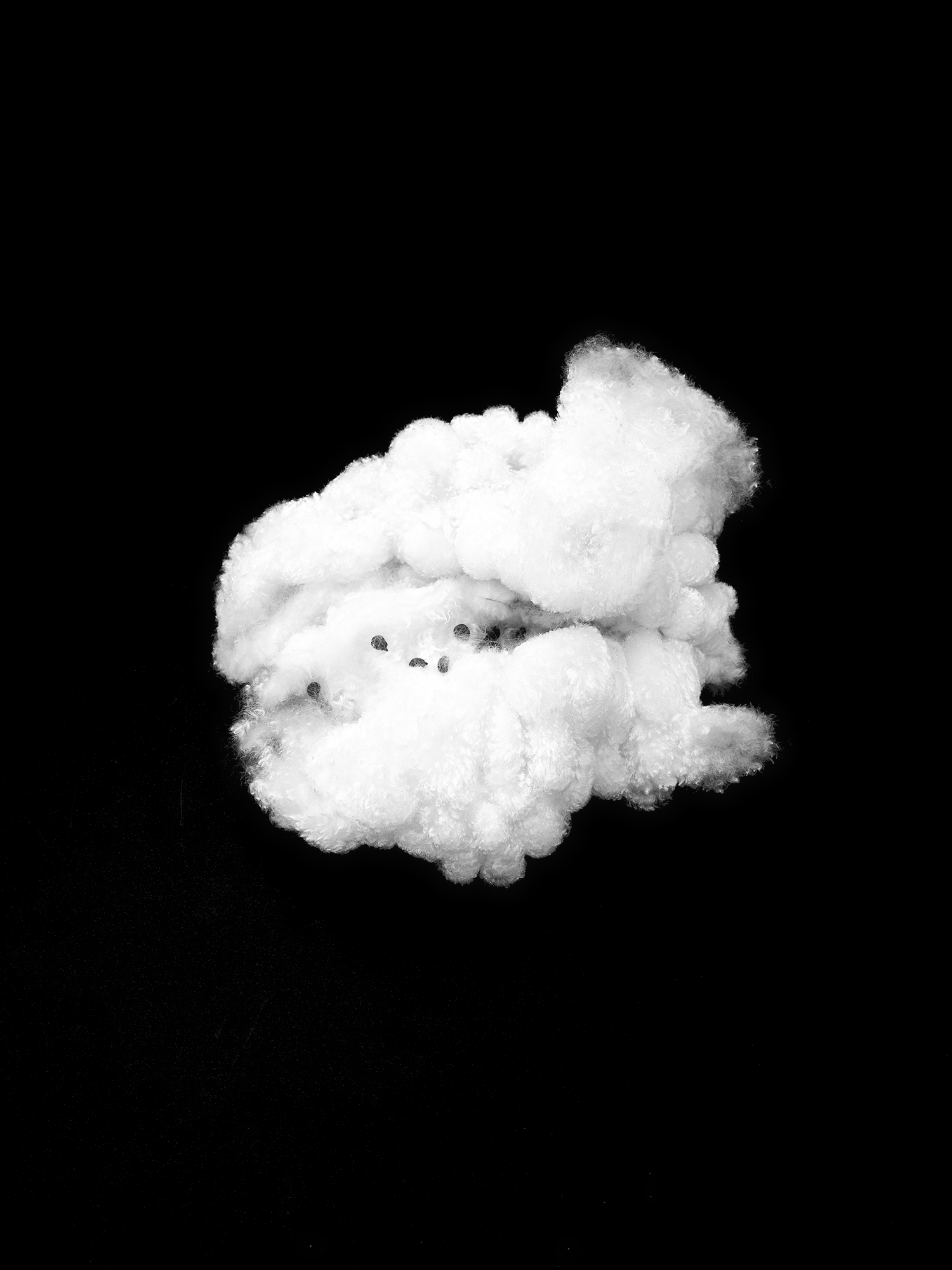
Tokkurikiwata #01©︎Moe Suzuki
The glass of water I drank every morning
The water bottle I gave my son every day when he went to nursery school
The spring water I drank by scooping it out with my hands
The taro I grew the natural way
The stream where I caught guppies
The pond where we throw eggs and worship
The school grounds where I play football
The river I paddleboard on
Invisible, it has neither smell or taste. Was that substance in the water I drank and touched? In the water we used to grow our vegetables? Is it still in the water that flows out of our faucet now? What harm have these substances, accumulated in my body, done to me and my children? And will they continue to harm us?
In 2016, it was announced that water supplied to 450,000 people in the central and southern parts of the main island from a water treatment plant located in central Okinawa had been contaminated with organofluorine compounds (PFAS). PFAS are carcinogenic substances known as ‘Forever Chemicals’, which rarely break down in nature or in the human body. Four years later, in 2020, a fire alarm in a hangar at Futenma Airbase malfunctioned causing a large amount of firefighting foam to be released into the community of Ginowan. The fluffy foam, which wafted romantically and seem never to fade, contained PFAS. People tried to grasp the true nature of the water they had taken for granted. The water they used to drink, play, work, and worship. They retraced fragmented memories of the ‘foam’ they may have seen in the past.
This is the story of the PFAS contamination leaked from US military bases in Okinawa told through local people’s memories of the water and land. It is not possible to measure contamination figures of the past. Neither the Japanese government nor the US military have offered any fundamental solutions or even acknowledged the source of contamination. As the reality of the contamination was gradually revealed, the hazy memories of those affected, many overlooked until now, have become distorted.
I walked through the contaminated land and water, tracing their distorted memories. Eternal chemicals that cannot be visually captured except as fluffy bubbles. The source of this pollution cannot be reached by any means, blocked by the fences of the airbase. The silent burden of these beautiful islands that visitors dare not look for beyond the pleasant breezes and sound of waves. The invisible has become intertwined and overlapped. Wading through the dreamy aabuku (foam) it remained elusive. I wove together the words and unspoken thoughts of the people I met.
<Thanks to>
Okinawa Prefectural Archives / Ryukyu University Museum, Fujukan / Ginowan City Museum / Associate Professor Kouji Harada, Department of Health and Environmental Sciences, Kyoto University Graduate School of Medicine / Liaison Group for Protecting Citizens’ Lives from PFAS Pollution / Ginowan Churamizu Kai / コドソラ Kodosora / Futenma Airbase Bakuon Litigation group / Kadena Branch, Kadena Airbase Bakuon Litigation group / あなたの沖縄 | コラムプロジェクト / Jon Mitchell / Okinawa Prefectural Bureau of Enterprises and more.
Moe Suzuki’s exhibition ‘Aabuku’
<Dates>
Tokyo:2024/02/10 (SAT) -2/25 (SUN) 13:00~19:00
Kyoto:2024/05/03 (FRI)- 5/12 (SUN) 13:00~19:00
Open daily, No admission
<Events>
Artist talks, opening reception
Tokyo:2024/2/10 (SAT) 19:00-
Kyoto:2024/5/3 (FRI) 13:00-
*More related events announcement to be followed. Please check our SNS
<Venues>
Tokyo: Reminders Photography Stronghold Gallery
2-38-5, Higashimukojima, Sumidaku,Tokyo, Japan
(6 mins walk from Hikifune station / Tobu Skytree Line, 5mins walk from Keisei Hikifune station / Keisei Line)
Kyoto: RPS Kyoto Paperoles
603 Oimatsucho, Kamigyoku, Kyoto
https://goo.gl/maps/1V5XyJ4kfuDk91F87
(Closest bus stops:Kamishichiken, Senbonimadegawa)
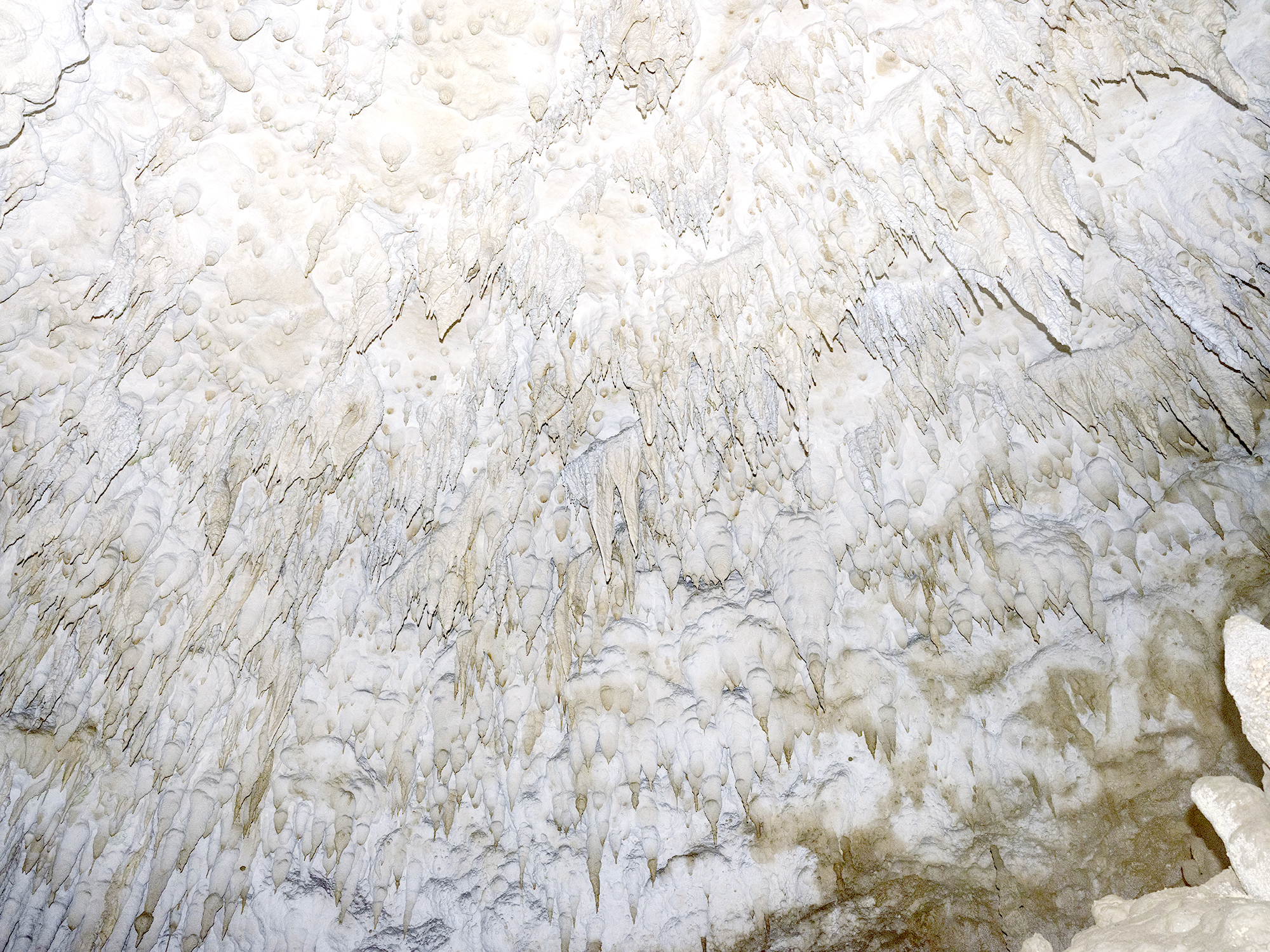
Untitled, Aabuku©︎Moe Suzuki
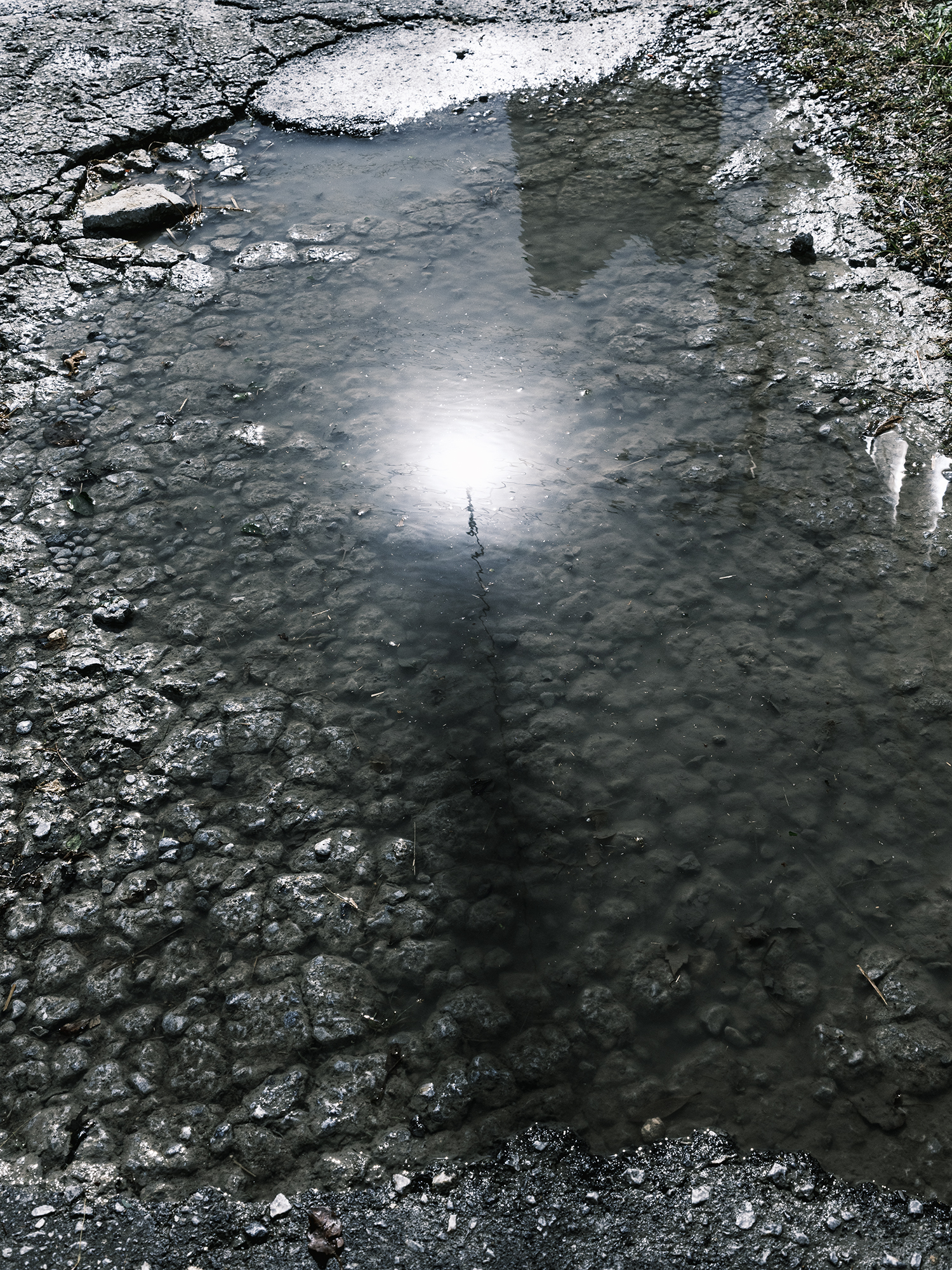
Untitled, Aabuku©︎Moe Suzuki
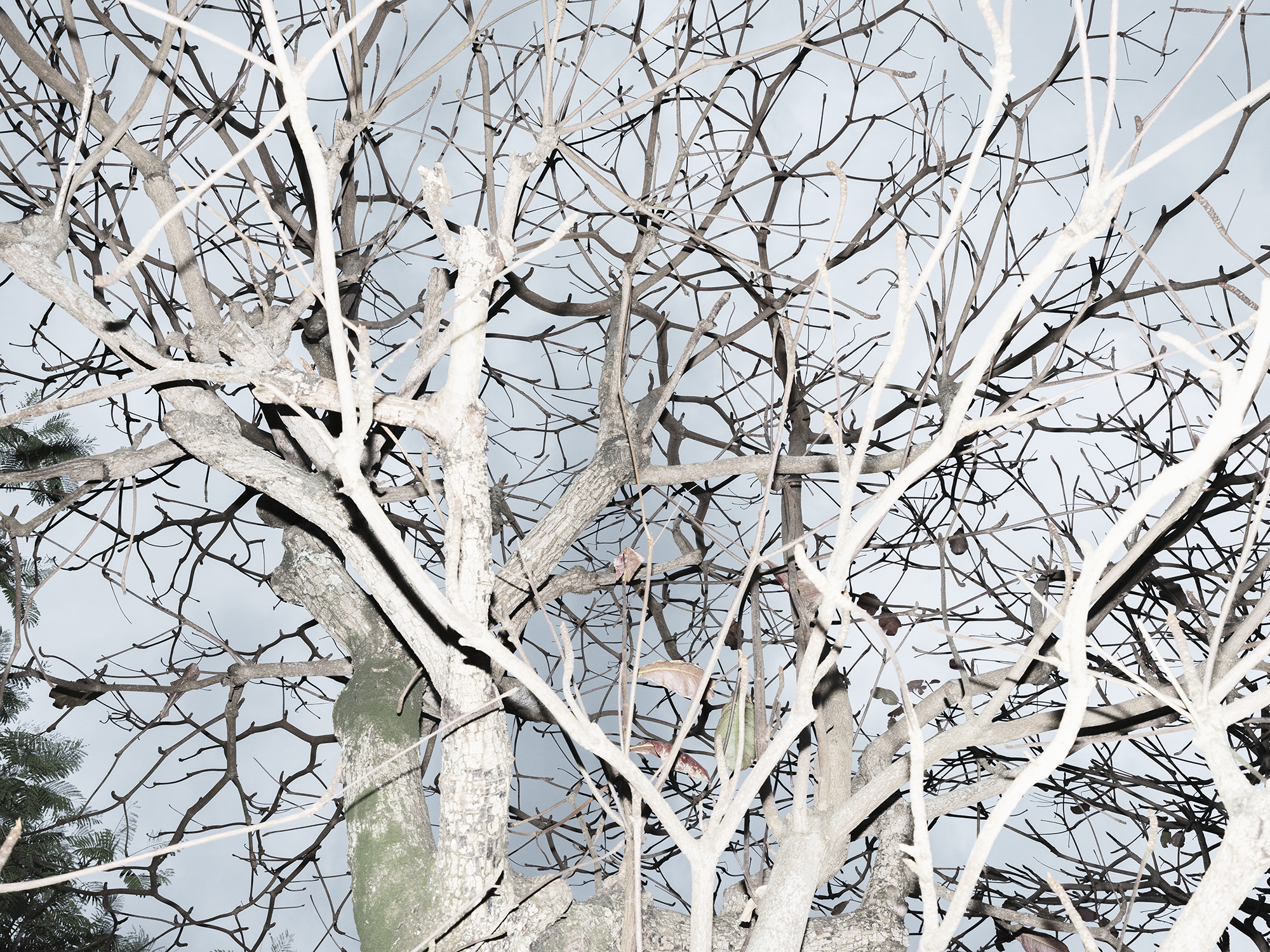
Untitled, Aabuku©︎Moe Suzuki
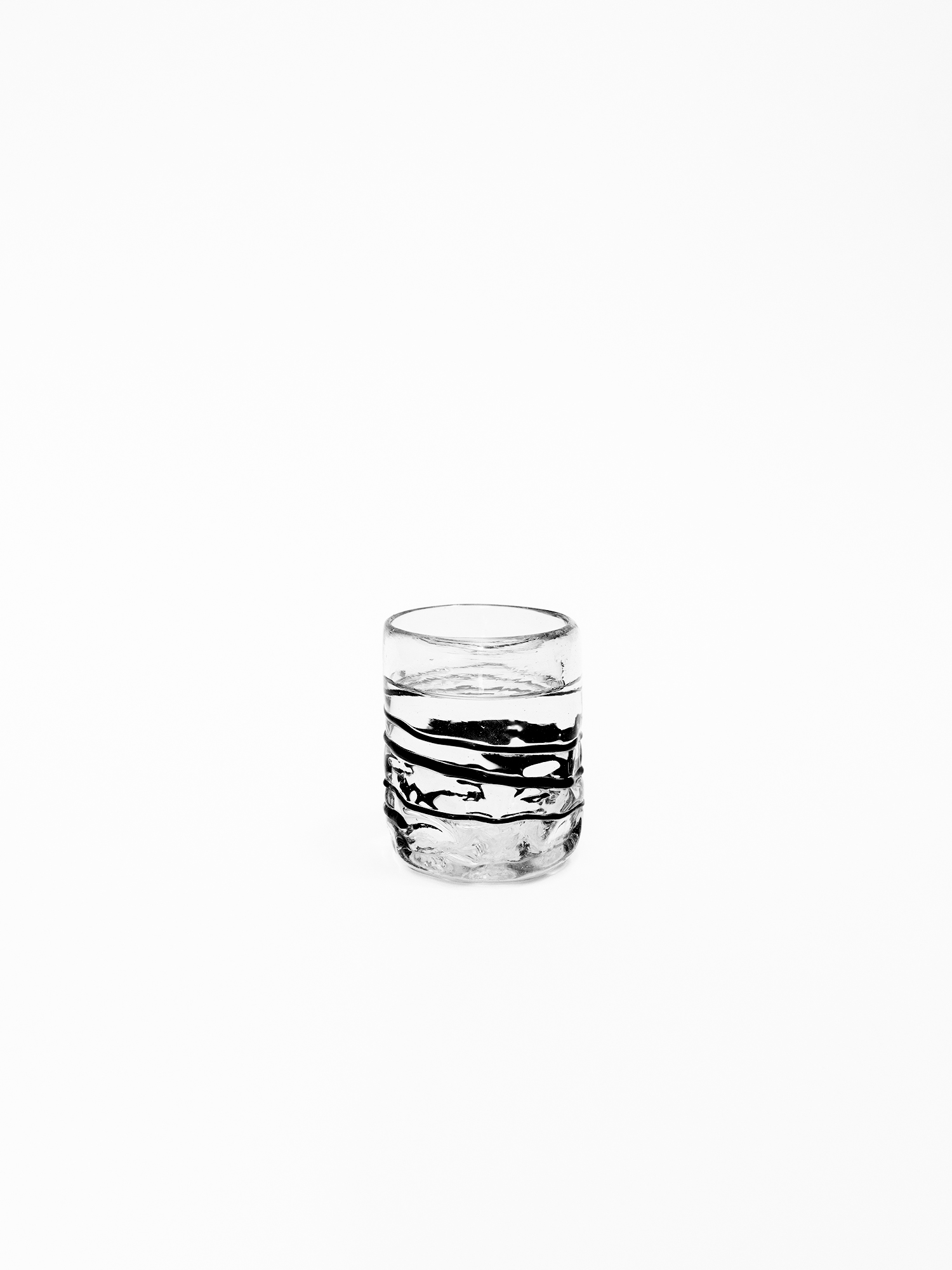
The glass of tap water©︎Moe Suzuki
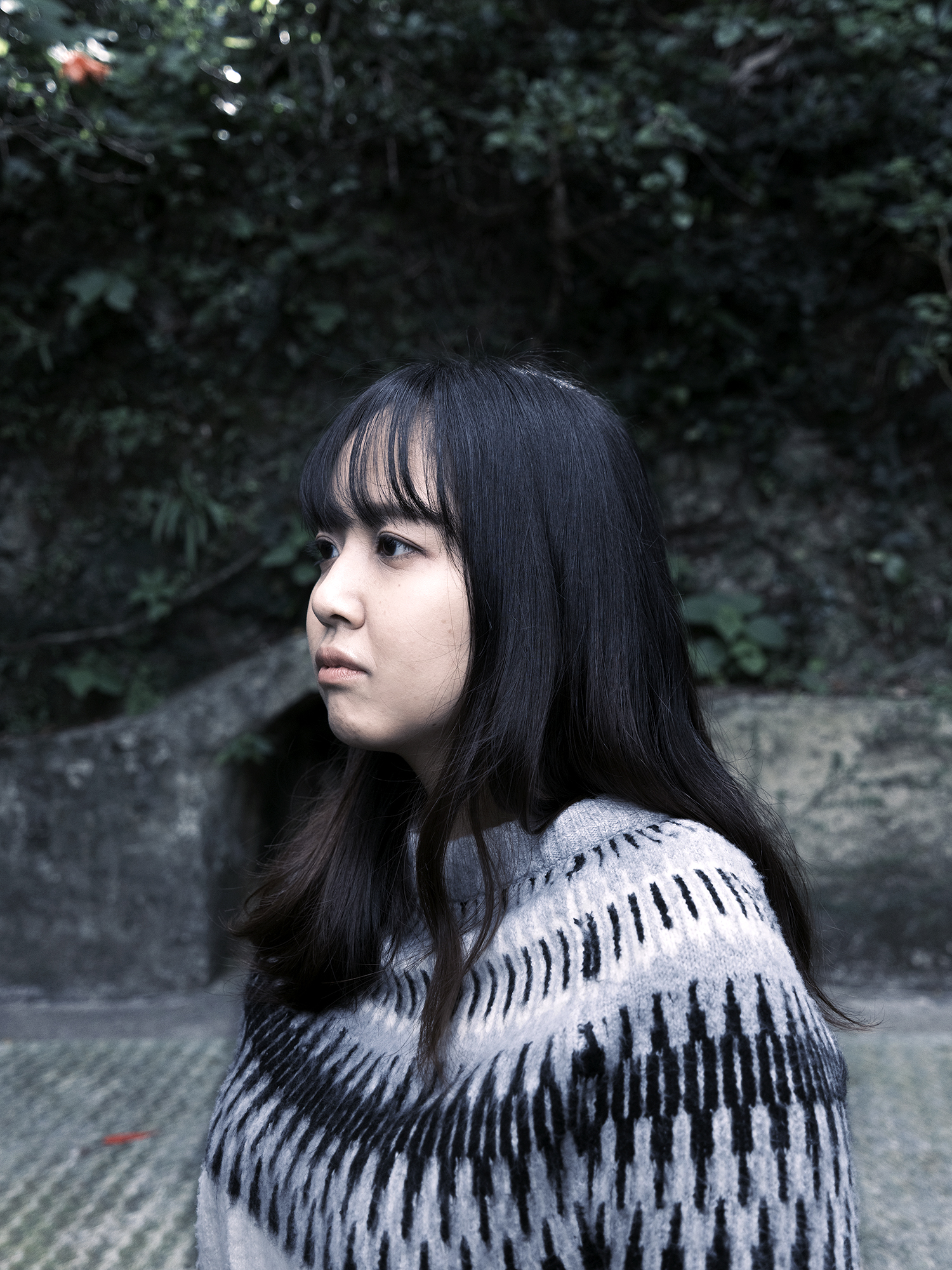
Kana Tamamoto©︎Moe Suzuki
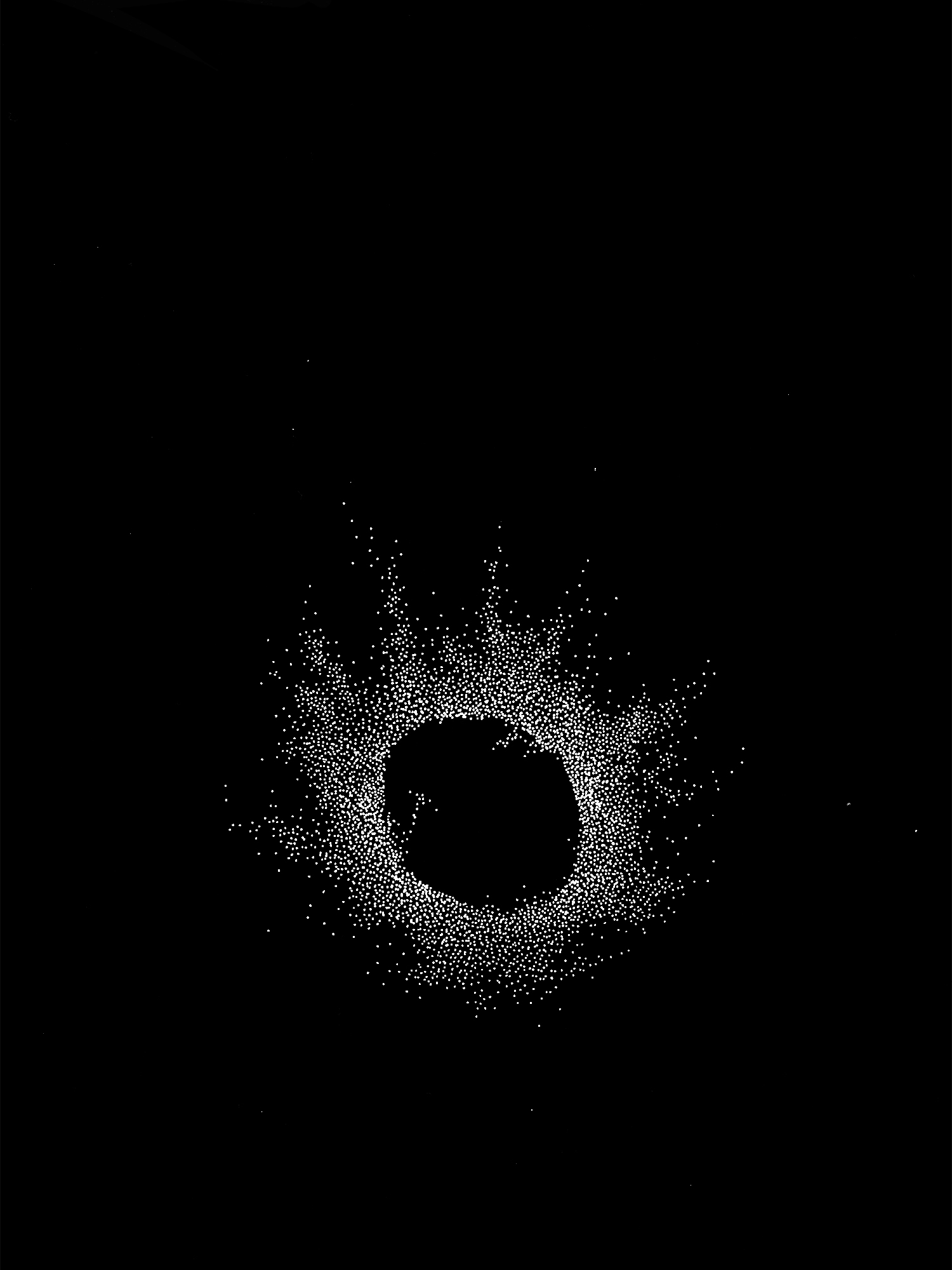
Tānmu (taro potato)©︎Moe Suzuki
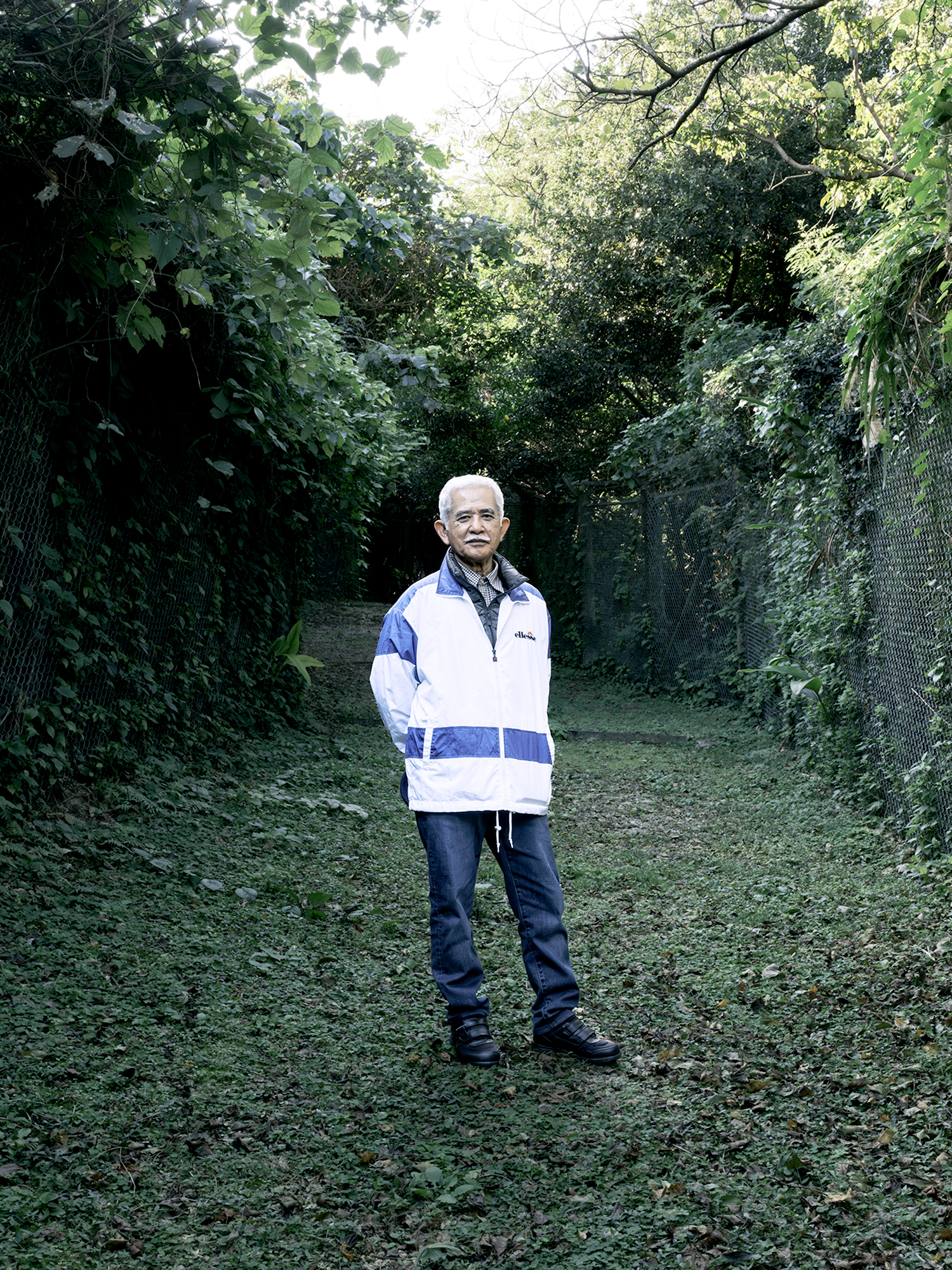
Seiryo Arakaki©︎Moe Suzuki
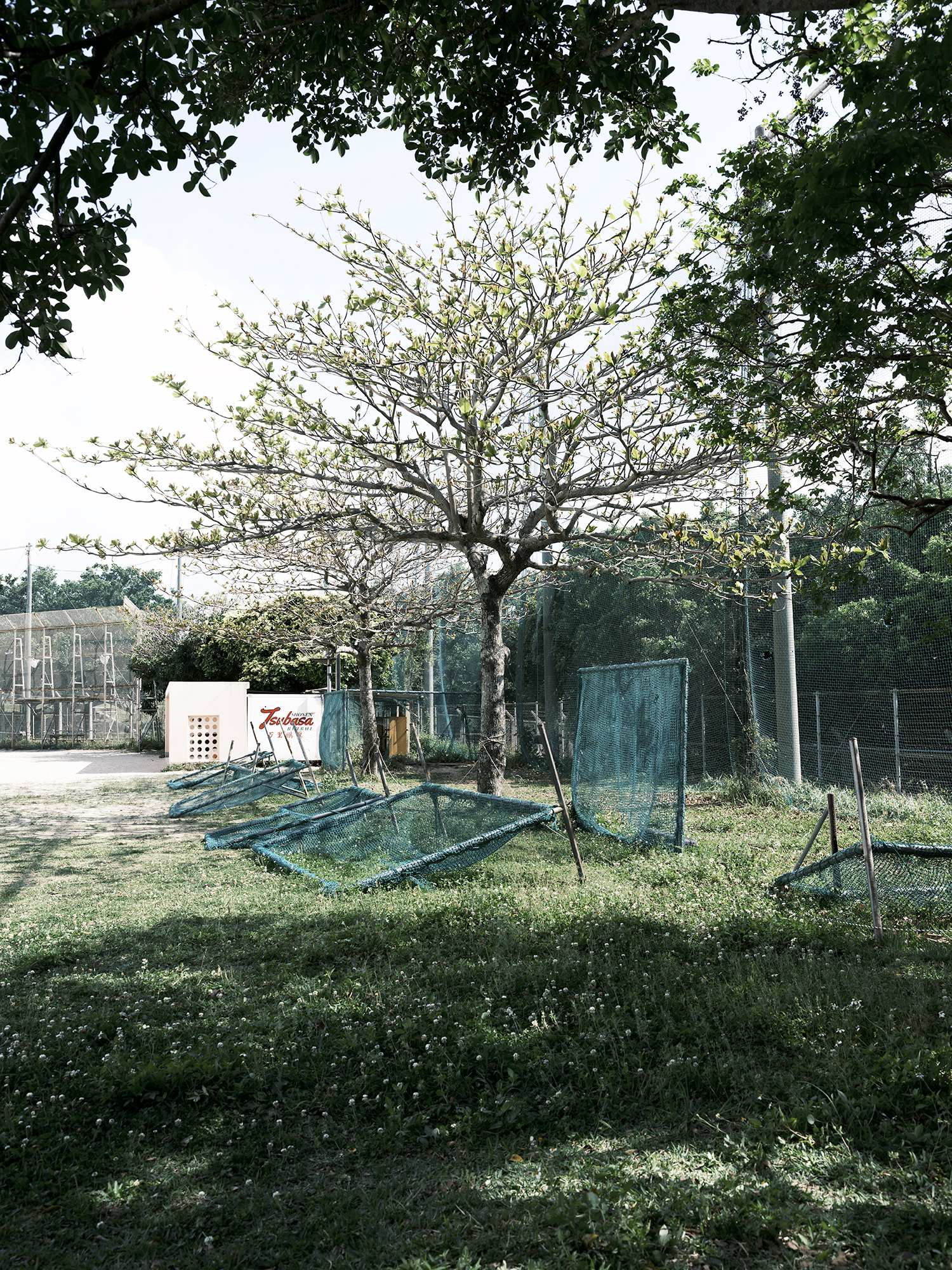
Untitled, Aabuku©︎Moe Suzuki
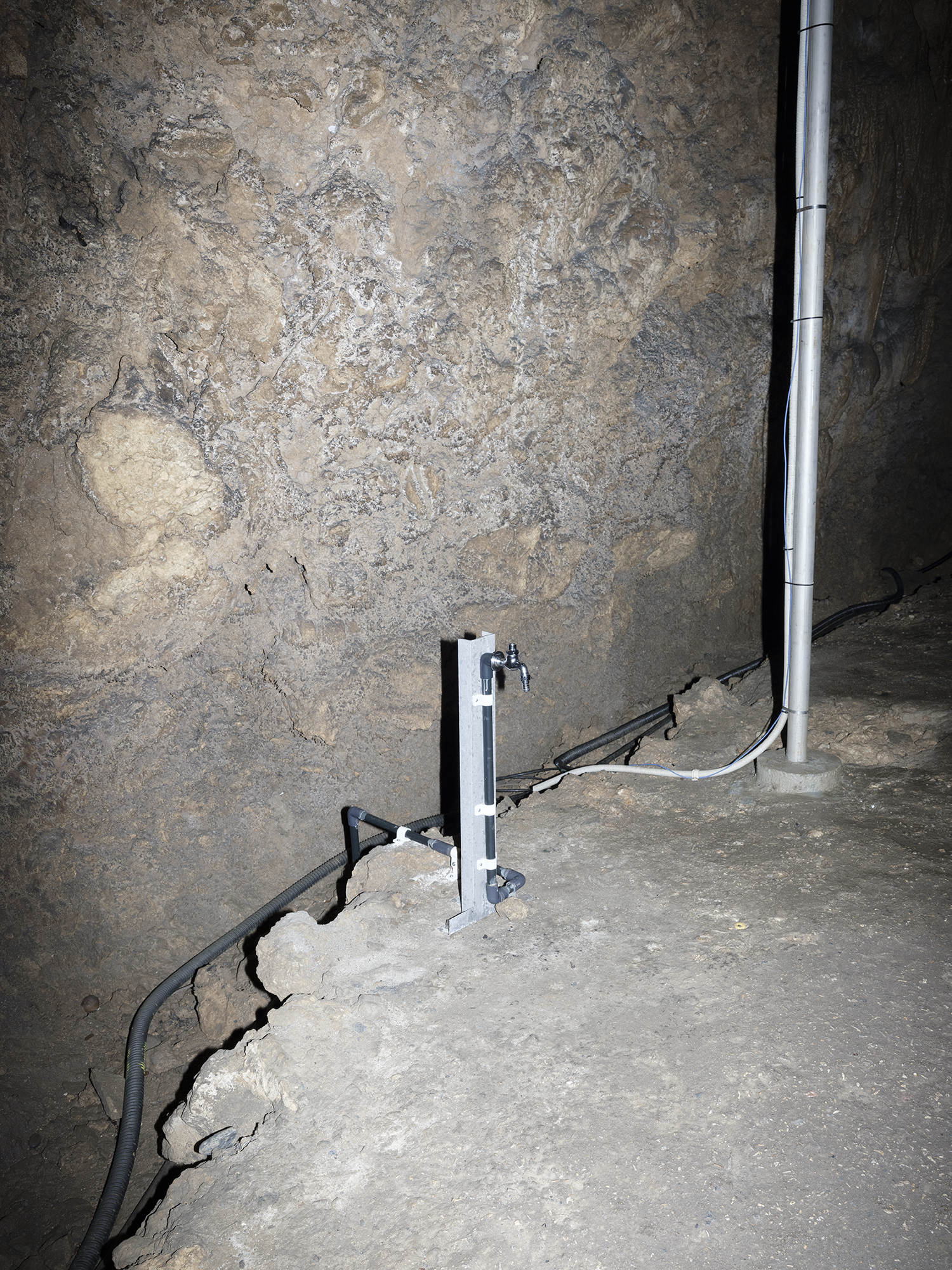
Untitled,Aabuku©︎Moe Suzuki
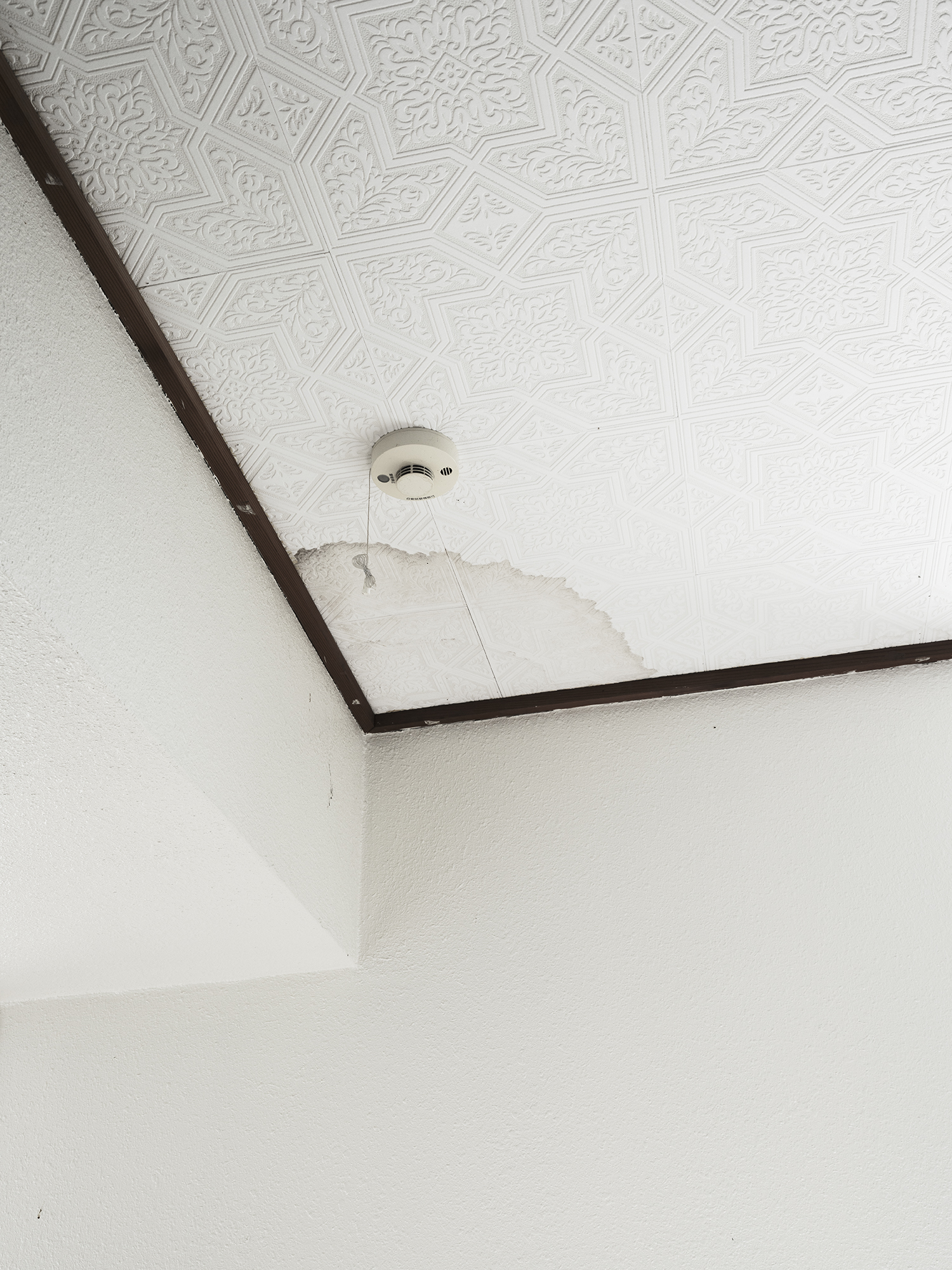
Untitled,Aabuku©︎Moe Suzuki

The Mother of three children©︎Moe Suzuki©︎Moe Suzuki
Moe Suzuki | Profile
Born in Tokyo, Suzuki studied photography at London College of Communication and returned to Japan in 2011. She then taught herself bookbinding techniques and began working as a visual artist. With photography as her main medium, she weaves archives, illustrations, research and video together to visualise narratives through books and installations. Her works include ‘SOKOHI’ and ‘Today’s Island dismantling’ on the theme of memories and landscapes that transform with time, environmental changes, obstacles and relationships within a community. ‘SOKOHI’ has been exhibited in Tokyo, Kyoto, Singapore, Malaysia, Australia, Northern Ireland, France and other parts of the world, and her photo book of the same title has been selected for and won the Luma Rencontres Dummy Book Award 2021 and other Dummy Book Awards worldwide. SOKOHI’s trade edition from Chose Commune was selected as one of the PHOTOBOOKS OF THE YEAR 2022 by MOMA.
